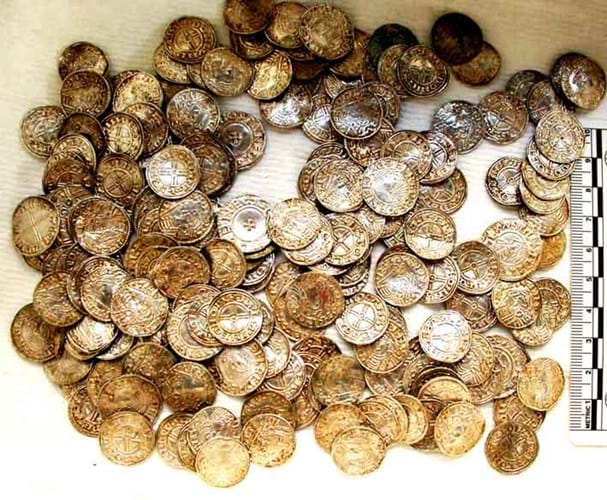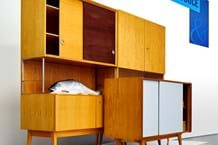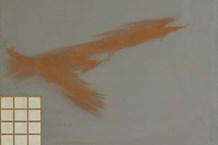
That is the opinion of ATG columnist and leading numismatist Richard Falkiner, although he has stressed that until close inspection of the hoard takes place the degree of its significance to scholars remains merely speculative.
The 5251 coins were discovered just below the surface in a lead bucket at the end of last year by a member of the Weekend Wanderers Detecting Club.
At the time the hoard was concealed the coinage of mainland Europe was in chaos, Mr Falkiner explained, but the integrity of English coinage was in part assured by having the mint-master's name included on every coin.
This meant that if a coin proved to be too light or the fineness wrong, it could be traced back to the individual who had struck it and the punishment would have been to have had their hand cut off.
"This gave rise to the most stable currency in the Christian world, a factor that endured for some centuries until Henry VIII's debasement of the coinage," said Mr Falkiner.
Identifying Hand
What it also means is that it may be possible to trace the coins in the hoard back not only to the mint(s) where they were struck, but even to the moneyer who struck them.
Mr Falkiner, who is currently compiling a comparative rarity list of Anglo-Saxon mints, argues that the sheer number of coins in the hoard, together with their appearance of having been struck not long before concealment, suggests that they may never have been disseminated.
"For now, it is the merest speculation, but it is possible that they may have come from the Buckingham mint - a rare source - which is about a mile away from where they were found," he said.
"In the late 11th century, when this hoard was interred, there were about 75 mints dotted about the more populous parts of England. London or Winchester, for instance, are common mints, but Romney or Warwick are the very reverse."





